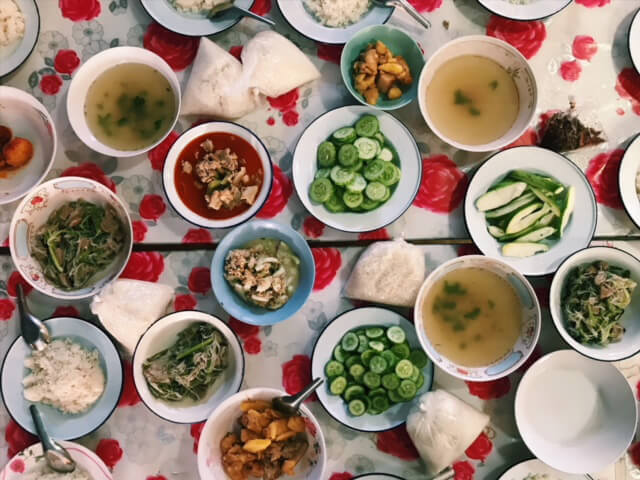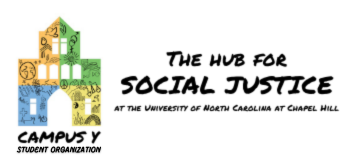GEF Blog: Advancing Education in Karenni Refugee Camps
June 8, 2018 • Erin Reitz • No Comments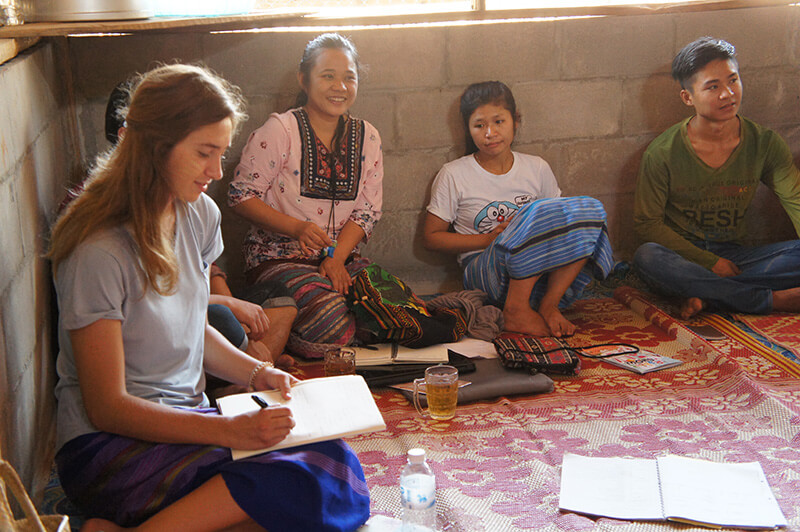
The Global Engagement Fellowship (GEF) supports UNC Chapel Hill students conducting international social-justice oriented summer projects. The following blog was written by GEF recipient Anna DeGrauw.
At the entrance of Ban Mae Surin, thin vines wrap themselves along tree branches that hang over the river. The water gently flows past the checkpoint of the Thai Ministry of Interior (MOI) who admit our camp passes, allowing us permission to enter the Karenni refugee camp. Oxen bathe calmly in the river and freely enter and exit the checkpoint. We are registered under a Foundation legally recognized in Thailand as Women’s Education for Advancement and Empowerment (WEAVE).
As we (WEAVE staff and volunteers: Mitos, P’ Say, P’ Yam, P’ Pan and myself) drive through the camp, homes and schools pass through our windows. Homes are close to one another, and completely engineered with bamboo shoots that are modeled to tie Thong Teng leaves together as roofs and act as stilts to support the infrastructure of each house. Each home owner is outside gathered with their children and neighbors, either at a shop or on a front porch. Bamboo bridges connect pieces of land through the jagged mountains and cool river of Ban Mae Surin, Karenni refugee site two, and Ban Mai Nai Soi, Karenni refugee site one. The Karenni people, in addition to Karen, Mong, Shan, and Kachin ethnic minority groups, have fled Burma (Mynamar) since civil war outbreak in 1948. There are roughly 102,000 people living in nine refugee camps along the Thai-Burma (Mynamar) border, although numbers stagger from voluntary repatriation efforts, third-country resettlements, informal repatriation, and new arrivals. Refugees within the two camps in Mae Hong Son, Thailand are predominately Karenni, and people are not protected with citizenship or labor rights issued by Myanmar nor Thailand.
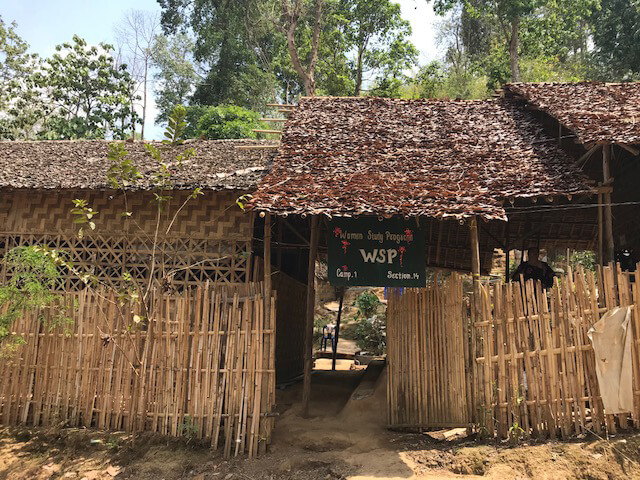
We arrive in Ban Mae Surin for a curriculum review before conducting a similar curriculum review in Ban Mai Nai Soi the following week. Throughout the curriculum review of the Karenni Further Studies Program, which is a community-based school with legal support and monitoring from WEAVE, we gather with teachers, community leaders, and student representatives to reform education and internship opportunities for the 2018-2019 school year. Each subject taught at KnFSP, the only higher education program within the camp of 300 families, is directly applied to its use in camp life. For example, students will use lessons on anatomy and chemistry to teach students about raising pigs and creating bio-gas, human anatomy to visit health clinics, and math formulas to construct homes and livestock pens. In addition to time spent in the classroom, students in KnFSP complete internships and training sessions on teaching, public speaking, and conflict management. This is the 10th anniversary of the Karenni Further Studies Program, and there will be 40 students enrolled in the two-year program.
The second camp called Ban Mai Nai Soi has a Women’s Study Program that is also under the legal support of WEAVE and works directly with the Women’s League of Burma (WLB), Karenni National Women’s Organization (KNWO), and Women’s Organization Network (WON). Students in this program follow three objectives: furthering their education on women’s rights, peace studies, community development; working with community members; and developing their businesses to have access to fair and safe income. The two-year program recruits women from the most vulnerable situations in the camp, and who would like to further their education. Some organizations sponsor students to attend WSP from Burma (Mynamar) in hopes of that they will return and affect change within their community or within the camps themselves.
My personal involvement within WEAVE is working for the advancement of KnFSP and WSP programs, and contingent on performing four tasks: expanding resources and fundraising, enhancing communication techniques, implementing promotional activities, and teaching basic English (speaking) to project participants.
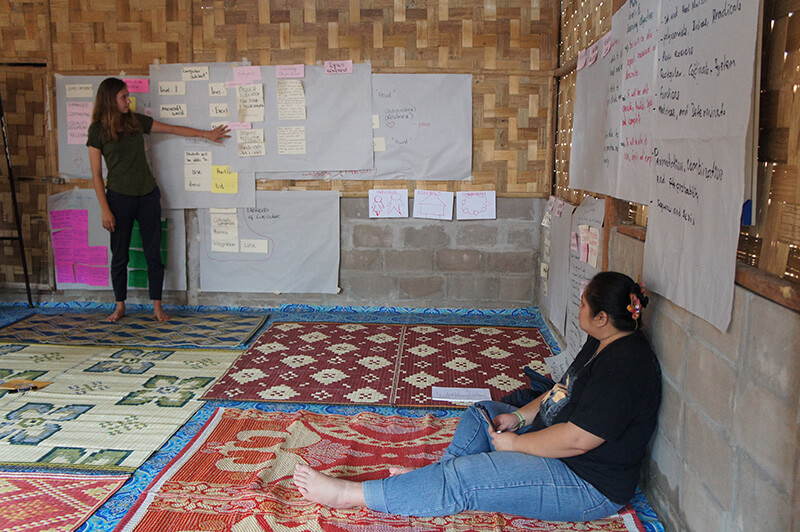
For the past six weeks, I’ve gathered a few textbooks for KnFSP and WSP teachers on Indigenous people’s rights, women in economics, politics in South East Asia (SEA), migration patterns in SEA, labor rights. Using the guidance from my exchange professors at Mahidol University, we were able to collect textbooks that will help expand the curriculum for KnFSP and WSP subjects per the request of teachers and students. To enhance communications about KnFSP and WSP, I have also maintained a blog called “The Enablers”, which can be found here. I’ve also attended conferences and meetings with Oxfam International branches, World Fair Trade Organization (WFTO), peace talks between Myanmar government and Karen and Karenni representatives, and the Thai branch of the United Nations High Commissioner for Refugees (UNHCR). An interlay of government bodies, non-governmental organizations (NGOs), community-based schools, economic forums, universities, community leaders, and students are working to have roughly 30 years of prolonged encampment come to an end for the Karen and Karenni communities, as well as closure to the world’s longest civil war.
During meetings at KnFSP and WSP, as well as every lunch with co-workers at WEAVE, our food is always placed in bowls at the center of a table. We are each given a bowl of rice and we bring spoonfuls of pork, mango, jackfruit, fish, soups, vegetables, beef back to our rice one at a time. The progress of a meal could be measured by the amount of rice remaining on our plates, and when it’s finished, we’re always asked to take more. Much like the balanced flavors of a meal shared with Karenni, Karen, and Thai friends, community development is an act of balanced interactions between everyone seated at the table, especially those who have never been asked to join. Much like cooking, community development is also a way of life. I have come to see from my time at WEAVE that not only is professional and academic work important to giving everyone a seat at the table, but that the most value in our efforts comes from understanding each other, listening to stories, and taking the time to share a meal. Or two.
